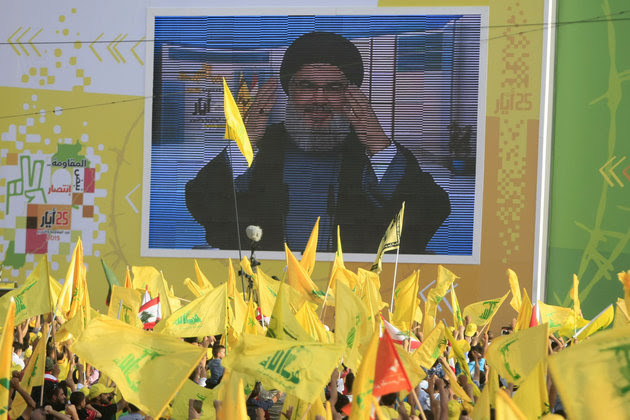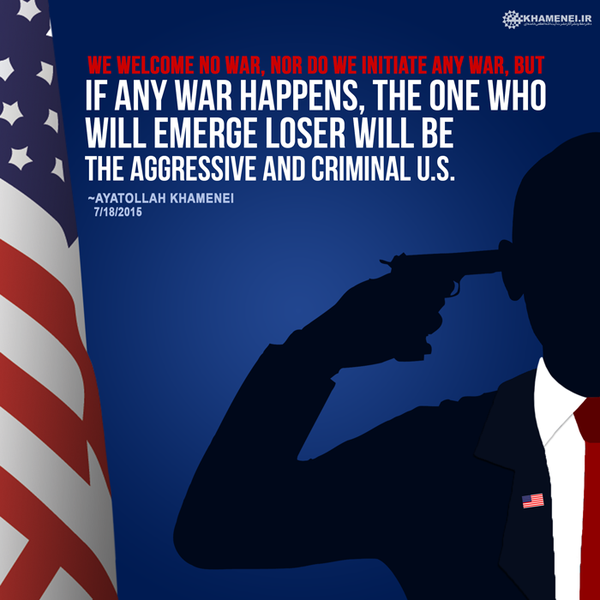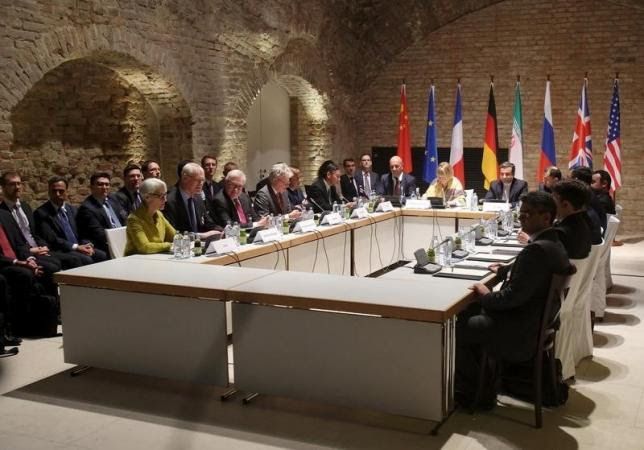|
|
WASHINGTON – During the closed-door talks in Vienna on limitingIran‘s nuclear program, Secretary of State John Kerry argued that theUnited Nations Security Council should not vote on lifting sanctions on Iran until Congress had a chance to review the deal.
But he ran into a wall of opposition from Iran, Russia and even the United States’ closest European allies, who argued successfully that Security Council action should come first, according to Western officials.
On Sunday, as the Obama administration submitted the Iran nuclear agreement to Congress for what promises to be a raucous 60-day debate, Mr. Kerry and President Obama began grappling with the fallout of that decision, which has complicated their efforts to secure much needed support within their own party.




